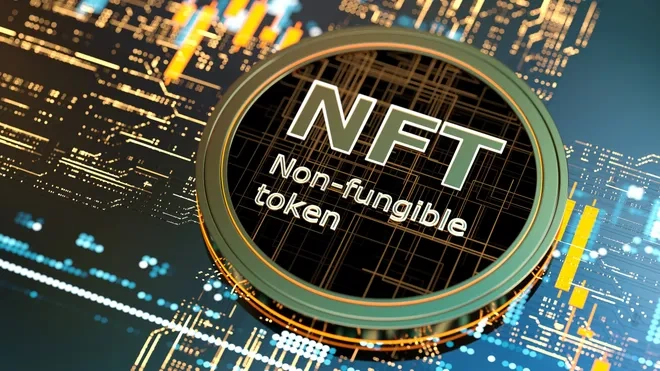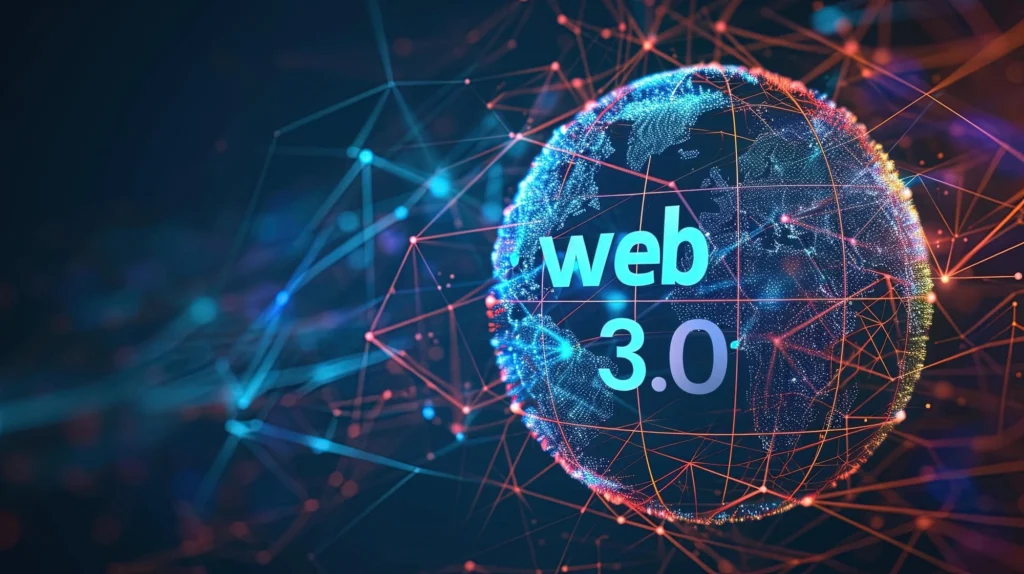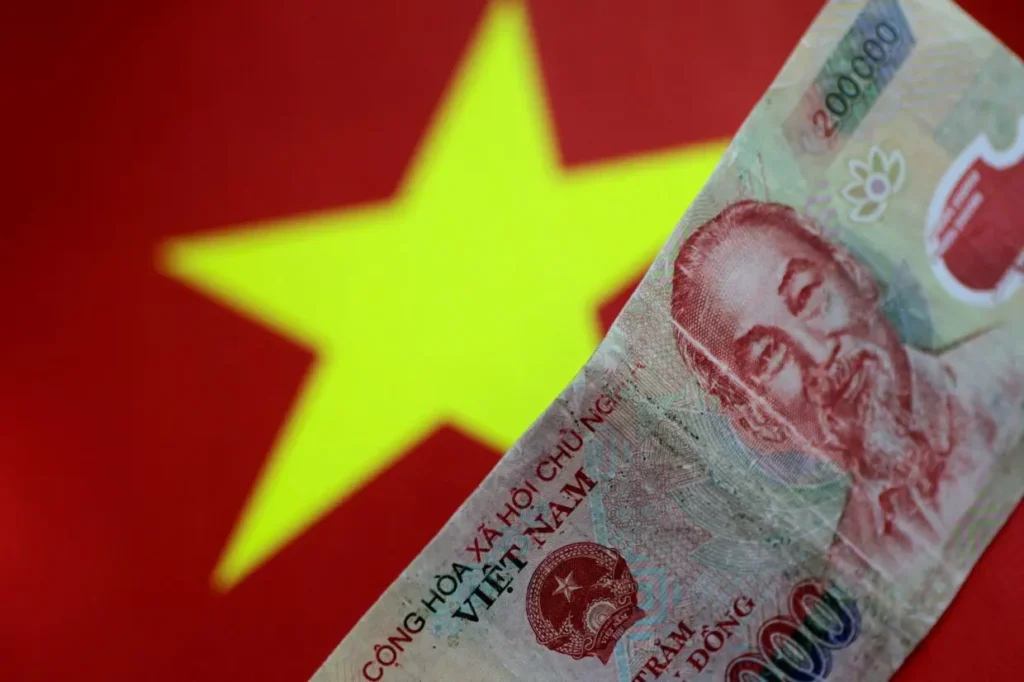Web3 is often described as the next generation of the internet—more decentralized, more focused on user control. But let’s ask a different question—what if Vietnam fully leaned into this movement? How would life, business, and daily habits actually shift?
Right now, the concept of Web3 in Vietnam is slowly growing, but imagine an alternative future where it’s fully embedded into daily life.
What If Web3 Became Vietnam’s Default?
Picture this: Vietnamese users signing into social platforms using decentralized wallets instead of emails or phone numbers. Maybe schools would issue blockchain-based diplomas—impossible to fake, easy to share.
If this shift became mainstream, local businesses might start accepting digital assets regularly. Traditional banks could be forced to rethink their services. Shopping, gaming, and even elections might find their way onto decentralized systems.
Of course, big changes never come without hurdles. Let’s be honest, technology rollouts at this scale tend to bring growing pains—security issues, learning curves, and access gaps would likely emerge.


What If Web3 Sparked New Industries in Vietnam?
What if this new digital layer created entire industries that don’t exist yet? Vietnamese developers might find fresh opportunities building decentralized platforms. Small communities could launch local tokens. Artists might sell directly to fans using NFTs without relying on middlemen.
Could Vietnam become a regional leader in blockchain innovation? Some believe it’s possible—especially with the country’s young, tech-driven population.
But here’s another side of the coin: what happens to traditional jobs? What if regulations struggle to catch up? The potential is exciting, but disruption is rarely smooth.


What If Vietnam Decided to Wait?
Not every country rushes to adopt the latest tech. What if Vietnam decides to stay cautious? Perhaps neighboring countries like Singapore or Thailand push ahead faster while Vietnam takes a more measured approach.
This slower path might mean missing out on early gains, but maybe it also avoids some costly mistakes. Communities could still grow around decentralized tools—just at a steadier pace.
Would that be safer? Maybe. Would it also mean lost opportunities? Could be.


The Bottom Line: Web3’s Possible Future in Vietnam
Looking at these scenarios, there’s no single answer. Vietnam could lead, or it could hang back. This emerging web could transform daily life—or maybe it won’t change things as fast as people expect.
But it’s already starting to show up in small ways across the country. The real question isn’t just what this technology is—it’s what Vietnam might do with it.
Some say that’s the story worth watching.



